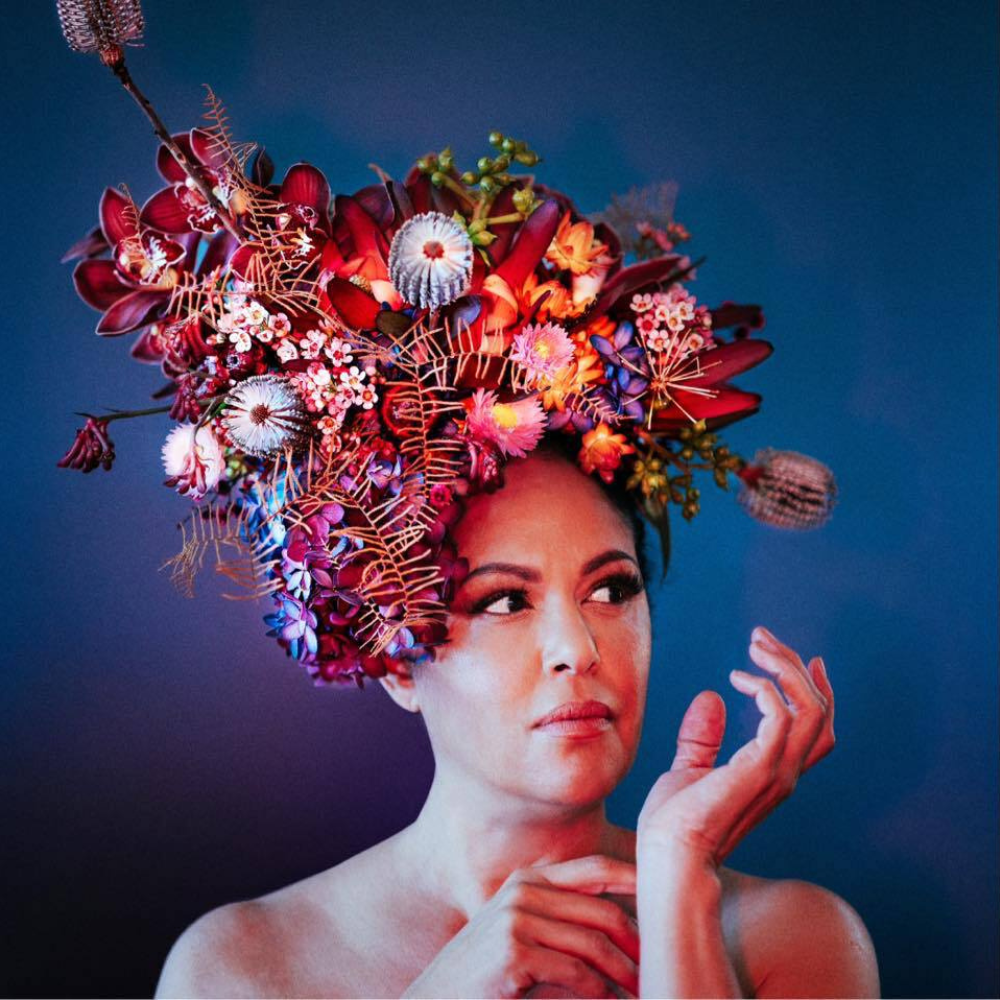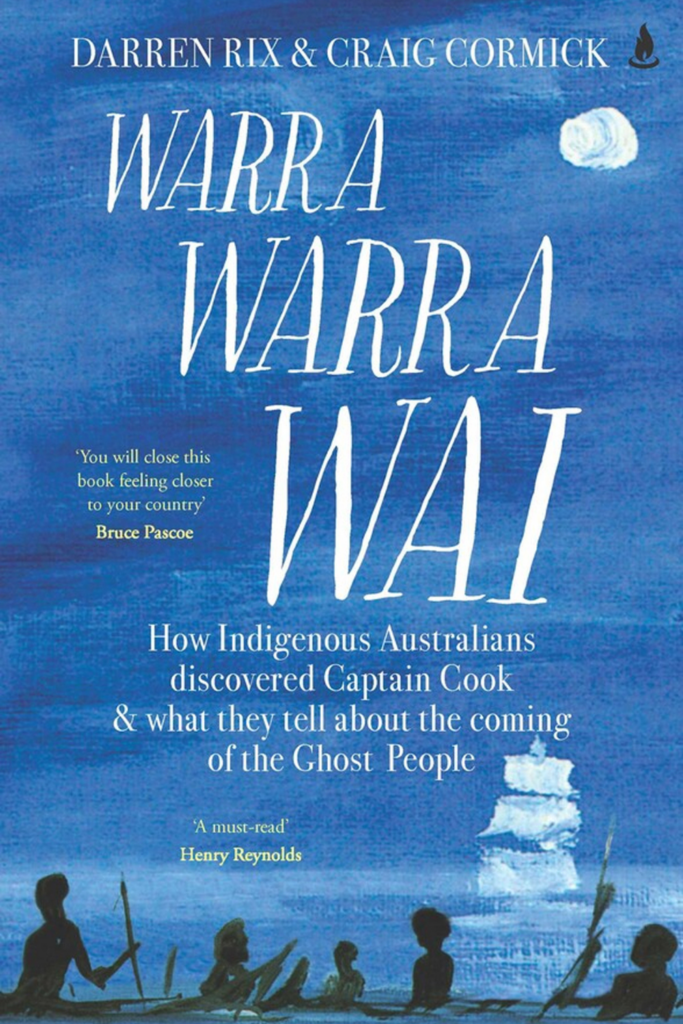
Australians have a history problem. Too few know the story of Australia’s violent creation; the frontier wars, massacres, First Nations resistance and the loss and suffering that resulted from this continent’s colonial conquest by the British.
Warra Warra Wai details the first episode in that process; the voyage of James Cook’s Endeavour up the east coast of Australia. These stories are told with both pathos and humour through the eyes of the peoples descended from those who witnessed it from the beaches and headlands of their Country. From the GunaiKurnai people in today’s Gippsland to the Kaurareg people of the southern Torres Straits, this book reveals the oral histories passed down from that time and contemporary reflections on what Cook’s voyage meant for First Nations peoples. As the authors themselves observe, ‘The determination of First Nations people to have the truth told is strong, and the stories will be told.’
If we are to build a just and mature nation, these are the stories that Australians need to read.
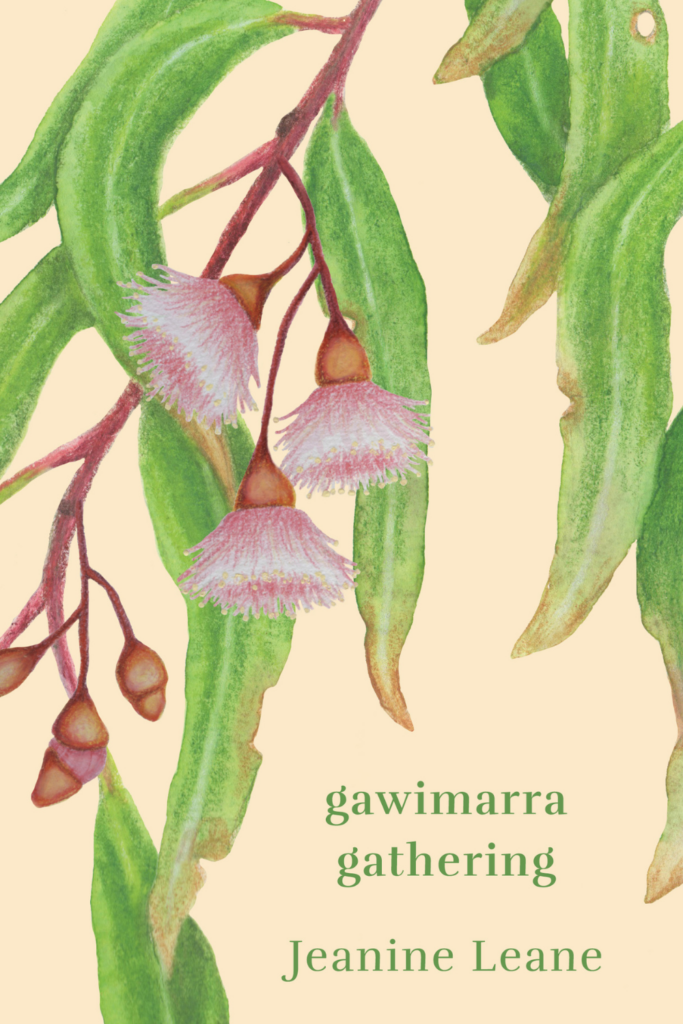
Reading Jeanine Leane’s third poetry collection, gawimarra gathering, is a bit like engaging in low-level telepathy, as the immediate, unrestricted nature of the form allows us a peek inside Leane’s mind. And just as our own minds are always moving, from one idea to the next, the poems in this collection never hew to a particular theme, but the intellectual, emotional, and spiritual throughline is clear.
Loving, richly detailed evocations of family, culture, and Country like The Honey Gatherers sit alongside sharp, deeply considered, sometimes experimental excoriations of colony like Forced into images (a poem to my colonisers). There are poems that examine – intimately and from on high – Leane’s personal relationship with contemporary politics, like On International Women’s Day, and the state of the natural and human worlds, like Read the Rivers.
Wiradjuri language is present throughout the book, dropping in and out as if to emphasise the disconnect between cultures, and between Leane’s own past and present. Or perhaps it is a natural consequence of how Leane views the structure and journey of the collection: ‘Now is then is now.’ Always was, always will be.
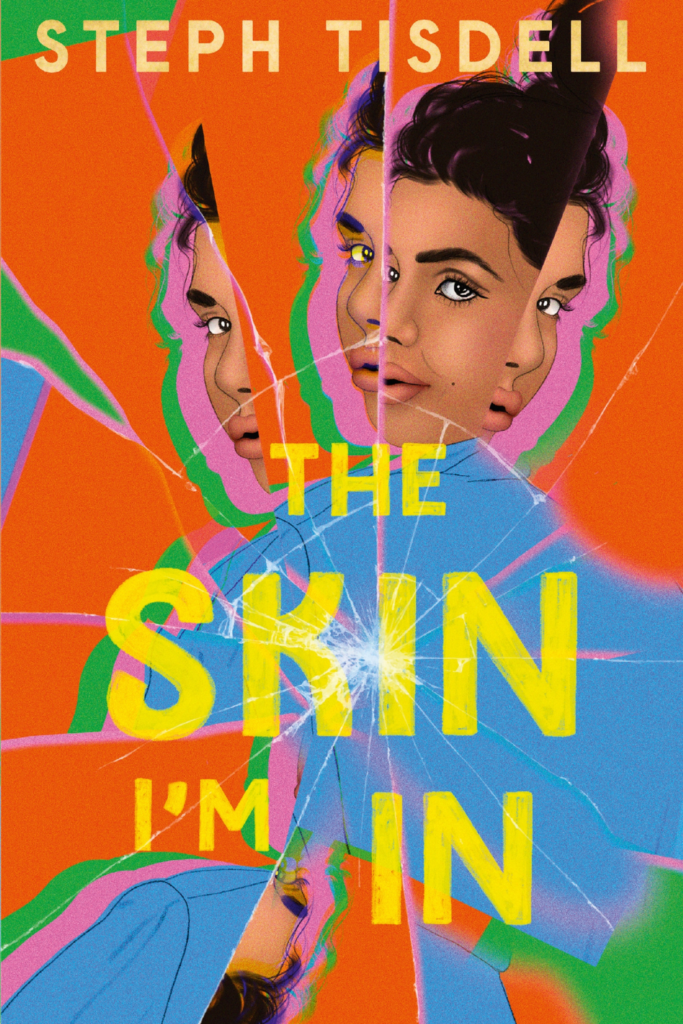
Steph Tisdell’s debut young adult novel is a hilarious delight that – with every page – sends you right back to your own awkward high school years in all the best ways.
Layla’s a headstrong 17-year-old with a big personality but is determined to fit in this year. It’s her last year of school after all. We follow Layla as she tries to navigate typical teenage struggles – like friendships, unrequited crushes, and feeling left out. However, being the only First Nations student at her high school makes everything more complicated.
Things change when her troubled cousin Marley moves in, forcing Layla to confront her identity in a whole new way.
Tisdell does a brilliant job of blending humour with deeper themes, making you laugh, cry and laugh again. Layla’s journey through her final year of high school is full of joy, tough lessons, and moments of self-discovery. It’s a story about kindness, family, and finding strength in who you are.
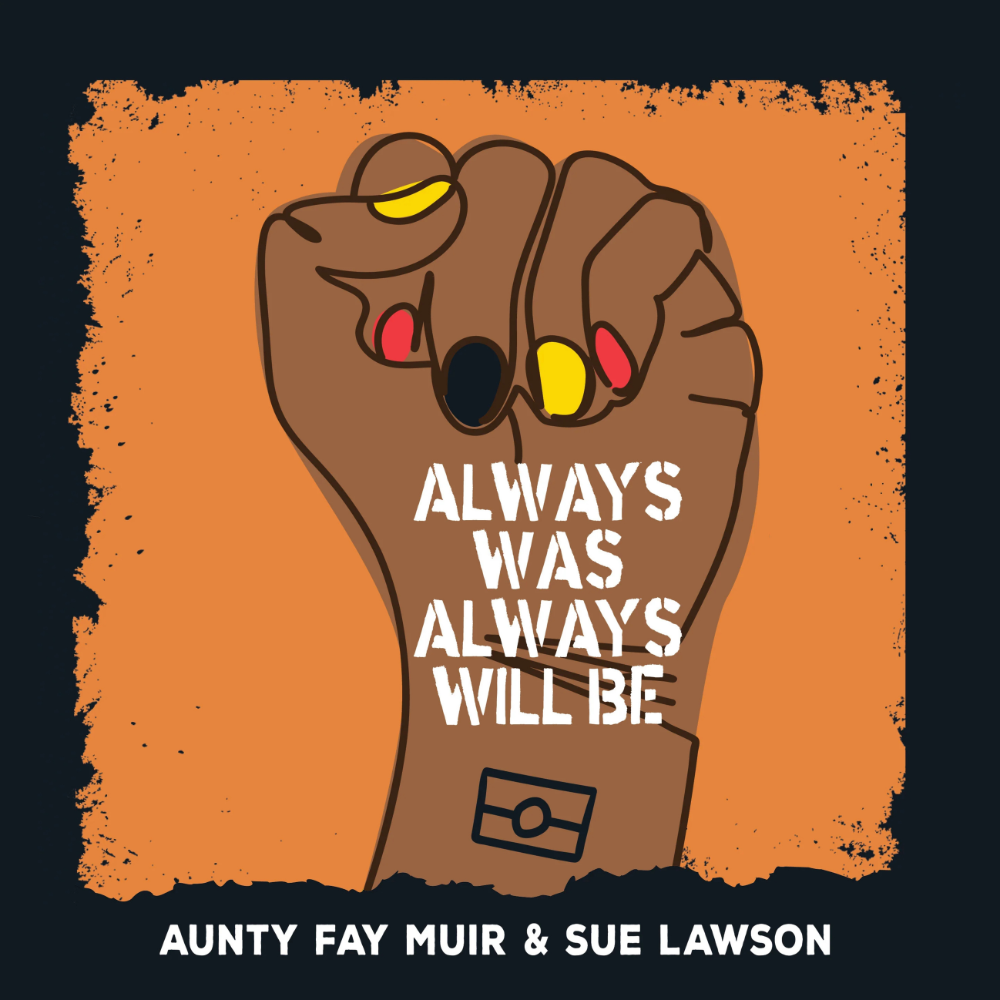
Always Was, Always Will Be shares the ongoing fight for justice by Aboriginal and Torres Strait Islander peoples, from the first resistance against European invasion to the Day of Mourning protests in 1938, and more recently the 2023 Indigenous Voice to Parliament referendum – and much more in between.
This book allows for a learning journey about First Nations justice and rights from the perspective of Boonwurrung Elder Aunty Fay Muir who said, ‘Always Was Always Will Be is an educational book for teachers and students alike. The stories in this book need to be told and are crucial to our First Nations history.’
A collaborative publication between Magabala Books and Reconciliation Australia, Always Was, Always Will Be allows First Nations children to see themselves in stories and is also vital to build non-First Nations children’s knowledge and understanding of Aboriginal and Torres Strait Islander truth-telling and reconciliation.
An engaging read not just for young readers, but for parents, caregivers, grandparents, and all members of society.
Waku – Minaral A Minalay
by Christine Anu
Pride in her Torres Strait Islander heritage and a desire to preserve her ancestral languages has inspired Christine Anu’s first album in almost 30 years, Waku – Minaral A Minalay. In fact, the album is largely based on songs originally written by her grandfather, Nadi Anu after she learned they were preserved in an AIATSIS archive.
‘I hope that there’s a sense of that connection the listener gets when they hear me singing my grandfather’s words,’ said Christine.
‘For me, it’s really about that connection back to my roots. Finding that and celebrating that.’
The first single and title song refers to the pandanus mats that signify a life’s journey from cradle to grave in Torres Strait Islander culture. Waku translates to mat, Minaral means colours and Minalay means patterns.
‘This album means so much to me and my family. The single Waku – Minaral a Minalay is the pinnacle of the album,’ Christine explained.
Christine’s evocative vocals are front and centre on Waku, but it also features soundscapes from Thursday Island as well as traditional instruments from the Torres Strait.
‘You can only preserve [language] if you’re speaking, singing it,’ she said.
‘It’s been a beautiful journey just discovering all this music that my grandfather made about his time on the sea, his love of the sea, his love of his island home.’
This article is from Reconciliation News #52. Read the rest of the issue.

